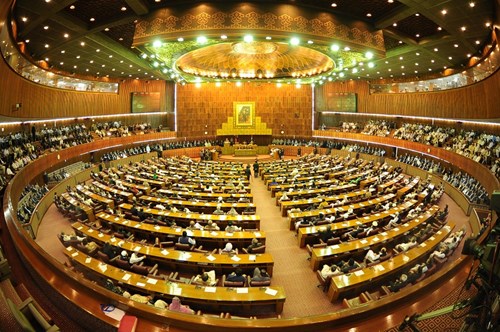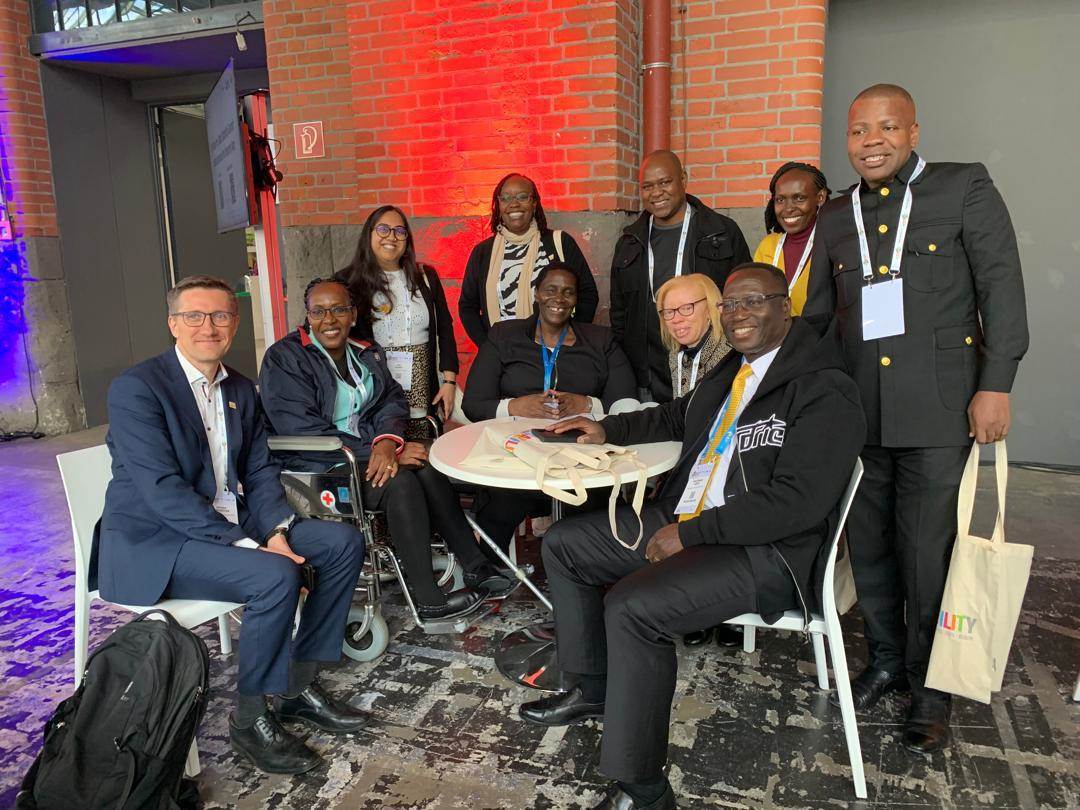
Democratic Progression in the Commonwealth: Extracts from the CPA Archives
This CPA blog series was published in April 2025 and was written by Samuel Sallybanks during his internship with the CPA Headquarters Secretariat between January and April 2025.
The views expressed in this blog series are provided by the author and do not reflect the view of the wider CPA membership.
The Commonwealth is built on the core principles of democracy, the rule of law and the liberty of the individual - yet what happens when a member-state falls short of these requirements?
This CPA blog explores case studies of several member-state suspensions, re-entries and their democratic progression within the Commonwealth family of nations.
Fiji

Above: The Fiji supplement to The Parliamentarian titled ‘Tradition and Democracy in the Fiji Islands’ was published ahead of the 51st Commonwealth Parliamentary Conference.
The Pacific Island nation of Fiji is one of the most active members of the Commonwealth today, but it has experienced several periods of turmoil in its recent history. Fiji has been suspended from the Commonwealth on three separate occasions: for a ten-year period between 1987 and 1997, again between 2000 and 2001, and finally from 2006 until 2014.
Read the full piece here.
Pakistan

Above: Archival photo of the National Assembly of Pakistan
According to the CPA archives, Pakistan has been suspended from the Commonwealth on two occasions, once between 1999 and 2004, and three years later from 2007 to 2008, both instigated by the actions of General Pervez Musharraf.
Read the full piece here.
Nigeria

Above: The Parliamentarian, Issue 3 (July 2000)
Nigeria was suspended by the Commonwealth in 1995 following the execution of Ken Saro-Wiwa, an environmental campaigner, by the military regime of President Sani Abacha. The suspension proved challenging for the Nigerian Commonwealth Secretary-General, Chief Emeka Anyaoku, who served as the third Secretary-General from 1990 to 2000.
Read the full piece here.
Zimbabwe

Above: A commemorative stamp issued in Zimbabwe for the 36th Commonwealth Parliamentary Conference in 1990 (CPA Archival Photograph).
Zimbabwe was suspended from the Commonwealth in 2002 and withdrew in 2003. It became only the third member nation to voluntarily withdraw from the Commonwealth, joining South Africa (1961) and Pakistan (1971).
Read the full piece here.
Conclusion from the author
"Using materials in the CPA archives, this CPA blog has covered four examples of Commonwealth member suspensions and their democratic progression since returning to the Commonwealth family of nations. These examples establish the reasons why a member nation may face suspension: the overthrow of democratic rule or the failure to hold free and fair elections.
Once realigned with Commonwealth principles and showing a willingness for reform, member nations are readmitted and welcome to hold and participate in both Commonwealth and CPA events. Despite Zimbabwe’s withdrawal, the process of democratic progression, assisted by the Commonwealth and CPA, is clear to see in the examples from Fiji, Pakistan and Nigeria."
-ENDS-
The Commonwealth Parliamentary Association (CPA) is an international community of 180 Parliaments at national, state, provincial and territorial level working together to deepen the Commonwealth’s commitment to the highest standards of democratic governance.



